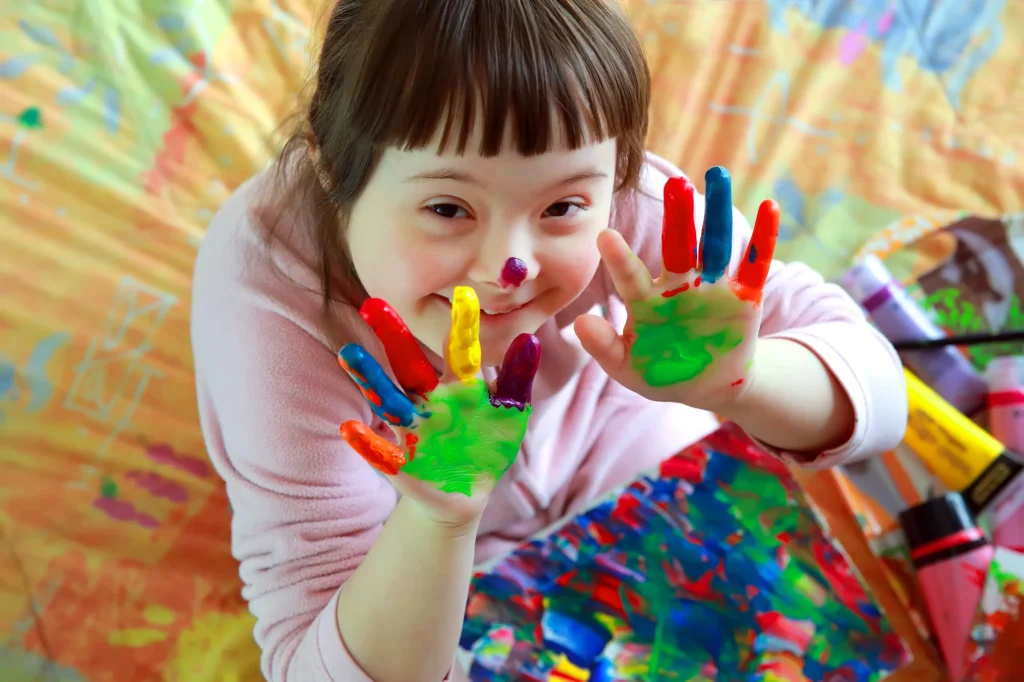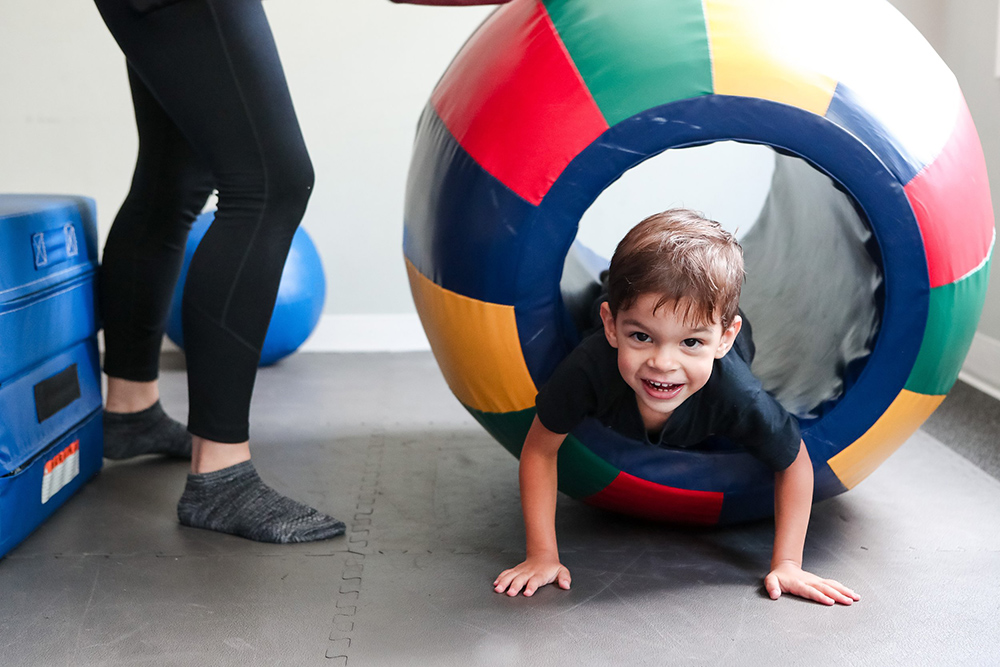When a loved one is suffering from post-traumatic stress disorder (PTSD), it can be confusing to know exactly how you can be helpful and supportive. In some cases, the changes in your loved one can concern or frighten you. You may even feel some bitterness or resentment if they become distant or moody. But your support can make all the difference for someone living with PTSD. The right help is essential to helping them overcome the condition and move on with life.
Understand Their Behaviour
It can be hard to understand someone’s behavior when they are living with PTSD. For example, why they are less affectionate and moodier. You may have to take on more of the household tasks, deal with the frustration of being around someone who won’t open up or watch them suffer from job loss, substance abuse and other problems. It’s difficult not to take the symptoms of PTSD personally, but it’s crucial to remember that they don’t mean it.
When suffering from PTSD, your nervous system is “stuck” in a state of constant alert, which can make you feel vulnerable and unsafe. This can lead to irritability, depression, mistrust and other symptoms you can’t turn off. However, with the right support, your loved one’s nervous system can become “unstuck” and they can move on from the traumatic event.
Offer Social Support
Withdrawal from friends and family is common for people with PTSD. Your support can help someone with PTSD overcome feelings of helplessness and despair. Research indicates that face-to-face support from others is the most important factor in PTSD recovery. Remember to respect their boundaries, be patient and let them take the lead.
Be a Good Listener
You shouldn’t push a person with PTSD to talk, but if they do choose to share, listen without expectations or judgments. Make it clear you’re interested and that you care. Don’t worry about giving advice as it’s the act of listening attentively that is more helpful rather than what you say.
Someone with PTSD may need to talk about the traumatic event repeatedly. This is part of the healing process. While some of the things your loved one tells you may be difficult to listen to, it’s important to respect their feelings. If you come across as judgmental, they may not open up to you again.
Help Rebuild Safety and Trust
Experiencing a traumatic event can alter the way a person sees the world, making it seem like a dangerous and frightening place and affecting their ability to trust others and themselves. Rebuild your loved one’s sense of security in any way you can to help their recovery. Creating structures, routines and predictable schedules can help restore a sense of stability.
Anticipate and Manage Triggers
A trigger is anything that reminds someone with PTSD of the traumatic event and sets off a symptom, such as a flashback. Triggers are sometimes obvious. For example, a military veteran might be triggered by loud noises that sound like gunfire. Others are harder to identify, such as hearing music that was playing during the traumatic event. Internal feelings and sensations like pain or sickness can also trigger PTSD symptoms.
Need to Talk to Someone?
Need to talk to a psychologist? At EDUCARE we can help children, teens and adults in addressing this issue related to PTSD or any other mental health issue. Make a booking online or contact us for more information about our adult and child psychologist services.




